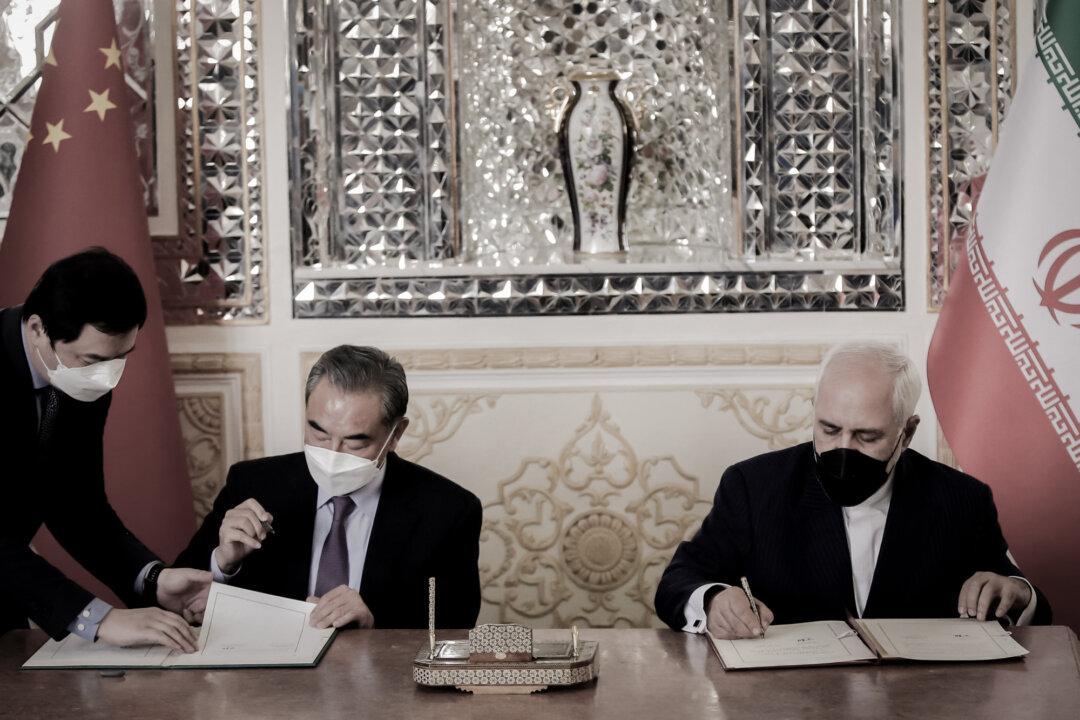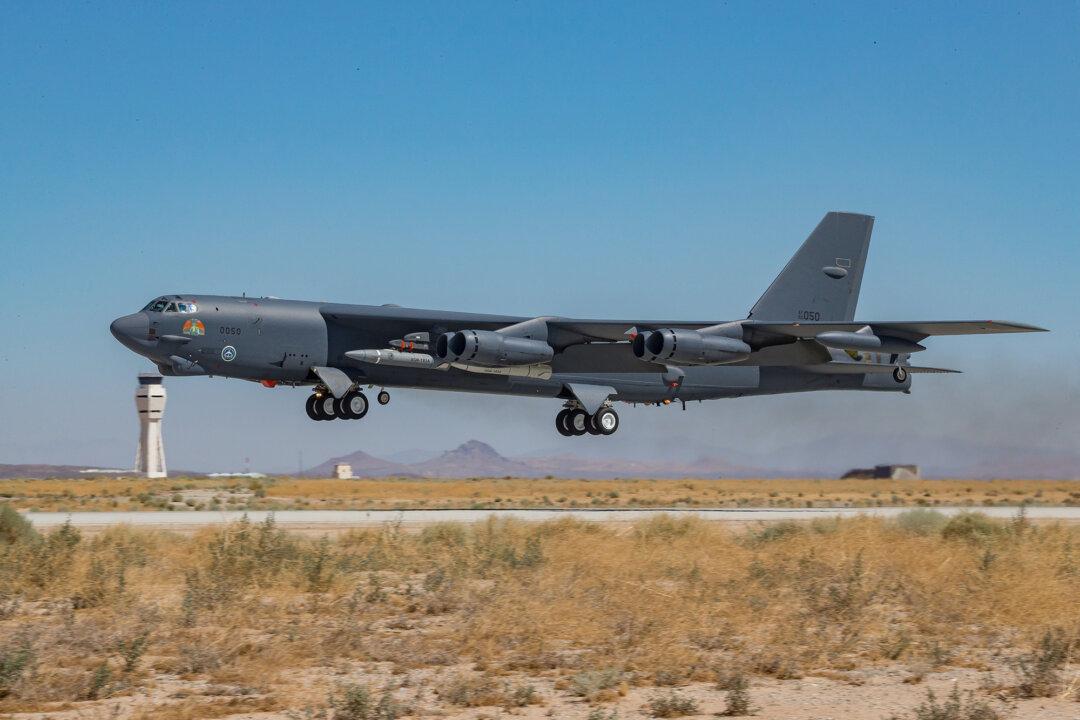Commentary
Retired Adm. James Stavridis has a book out, “2034,” in which a war breaks out with China. It escalates to include a nuclear exchange and the seizure of Taiwan. There have been a number of interesting reviews as the admiral (there is a co-author) accrues book sales based on his former status. Stavridis is well known as a vocal senior retired officer and is in what we call the retired generals and admirals club, a very exclusive group.





